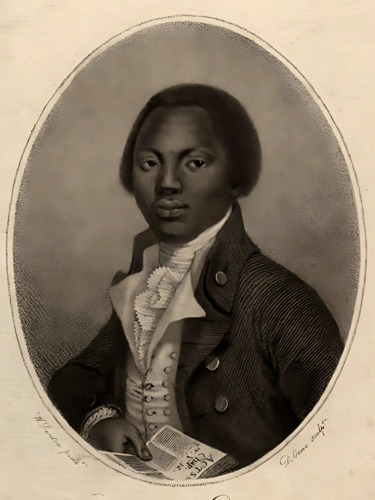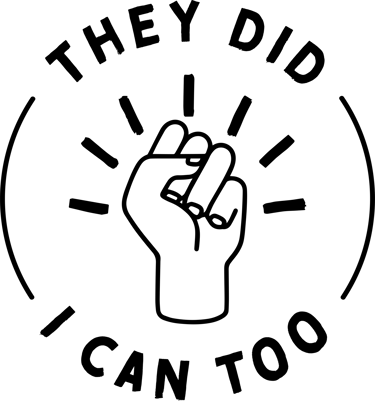

Olaudah Equiano - Abolitionist
Born around 1745 in what is now southeastern Nigeria, Equiano was kidnapped whilst still a child, with his sister and sold into slavery – they'd been playing in a field. Equiano and his sister were deliberately separated. He was taken to the West Indies, and then to Virginia where he was sold to Royal Navy Lieutenant Michael Pascal. Pascal named Olaudah, Gustavus Vassa. Equiano worked for Pascal on various war ships during the Seven Year War fought between 1756 and 1763. Equiano accompanied Pascal when he traveled to England. Whilst owned by Pascal Equiano learned to read and write.
Robert King, a Quaker and a trader was Equiano’s next owner. Equiano was intelligent so King allowed Equiano to help him trade goods around the West Indies and North America. Equiano was shrewd, he took the opportunity to also personally sell goods as there was an incentive. King had told Equiano that he would allow him to buy his freedom. So, he saved enough money from his personal trading to do just that. Equiano bought his freedom in 1765.
As a free man Equiano travelled to London. He was a barber and hairdresser for a short time though went back to trading. He traveled throughout Europe aboard ships though made London his base.
Equiano was heavily involved in the abolitionist movement fighting to ban slavery. Abolitionists included The Sons of Africa, a group of free African slaves who campaigned, lobbied and sent letters to newspapers and prominent people - they even handed an anti-slavery petition to Queen Charlotte. The groups most prominent members were Olaudah Equiano and Ottobah Cugoana.
In 1789, Equiano published the first edition of his autobiography, The Interesting Narrative of the Life of Olaudah Equiano, or Gustavus Vassa, the African. There were nine editions in his lifetime. He showed his business acumen by retaining the copyright to his book. For each addition Equiano would get people to buy the book before publication in order to raise funds.
The book was his first-hand account of slavery, it was a sensation. Equiano toured the country with his book which helped refuel interest and sympathy towards the abolitionist movement. Equiano's account was extremely important and helped galvanise the fight and sentiment against the slave trade. He was the most prominent African voice in the UK at the time.
Equiano continued campaigning until his death in 1797.
"Tortures, murder, and every other imaginable barbarity and iniquity are practiced upon the poor slaves with impunity."
Olaudah Equiano
Want information about community jobs? Click HERE
